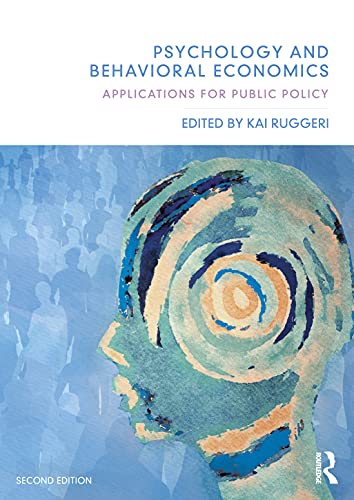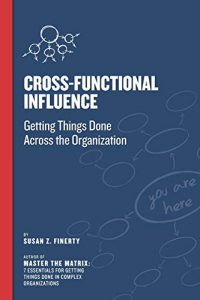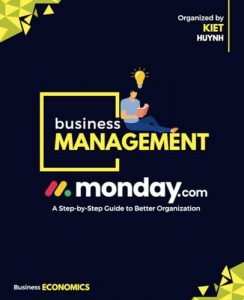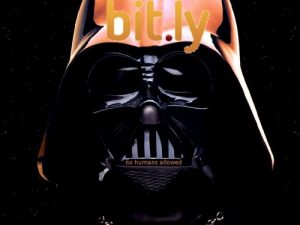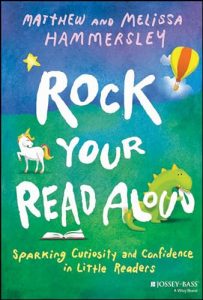1. Psychology and Behavioral Economics
Delve into the insights of human behavior and economic decision-making with “Psychology and Behavioral Economics” by Kai Ruggeri. This book masterfully bridges the gap between psychology and economics, making it a must-read for anyone interested in understanding the underpinnings of economic behavior. Ruggeri highlights the psychological principles that drive economic choices, enhancing your comprehension of market dynamics. By blending theory with practical applications, this book equips readers with tools to analyze consumer behavior and improve decision-making strategies in a variety of contexts.

2. De Gruyter Handbook of Women Entrepreneurs in Emerging Economies
This comprehensive volume, “De Gruyter Handbook of Women Entrepreneurs in Emerging Economies“, edited by Helle Neergaard, Maribel Guerrero, and Breda Kenny, reveals the significant role women play as entrepreneurs in developing regions. The book explores various theoretical frameworks and practical insights, showcasing successful women entrepreneurs’ stories and contributions to economic growth. This work serves not only as an academic resource but also as a call to action for empowering women in business, making it essential for those committed to fostering inclusive entrepreneurship.

3. Leading from the Emerging Future
In this thought-provoking book, “Leading from the Emerging Future” by Otto Scharmer and Katrin Kaufer, leaders are guided through the transformative journey from ego-systems to eco-systems. The authors articulate a vision for sustainable leadership that emphasizes collaboration and collective consciousness. They present practical methods for engaging and connecting with diverse stakeholders to address global challenges. This compelling call for innovative leadership approaches is essential for anyone looking to make a meaningful impact in today’s complex world.

4. Change Leadership in Emerging Markets
"Change Leadership in Emerging Markets" by Caren Brenda Scheepers and Sonja Swart focuses on the crucial role of leaders in shaping the future of business within emerging markets. This book provides a detailed ten enablers model that equips leaders with strategies needed to navigate turbulent environments. The authors combine theoretical insights with practical frameworks to help transform organizations amidst change. It is a crucial resource for emerging market leaders who aim to foster innovation and drive sustainable growth.

5. Behavioral Business Ethics
In “Behavioral Business Ethics” by David De Cremer and Ann E. Tenbrunsel, ethical decision making in organizations is explored through the lens of behavioral psychology. This engaging analysis reveals how individuals can often succumb to unethical practices, driven by their environments and choices. The authors present compelling case studies and practical strategies that organizations can implement to foster ethical behavior. This book is invaluable for business leaders and students who wish to cultivate integrity and ethical standards in their organizations.

6. Crossing the Chasm, 3rd Edition
Geoffrey A. Moore’s “Crossing the Chasm” is a classic guide for marketing and selling innovative technology to mainstream customers. This third edition provides updated insights and strategies for navigating the technology adoption lifecycle. Moore illustrates the challenges tech companies face when transitioning between early adopters and the broader market. This book is essential for entrepreneurs and business strategists seeking to successfully position their disruptive products and achieve sustainable growth in competitive markets.

7. Markets and Conflict
“Markets and Conflict” by William R. Patterson and Daniel W. Kuthy delves into the complex interplay between economics and conflict. This compelling work analyzes how market conditions can influence decisions and contexts of war and peace. By examining case studies and various economic theories, the authors provide a nuanced understanding of how markets can be both a catalyst for conflict and a pathway to peace. This book is a must-read for economists, policymakers, and anyone interested in global stability.

8. Investment Strategies in the Age of Technological Innovation
The book “Investment Strategies in the Age of Technological Innovation” by Liao Faxing and Ooi Kok Loang addresses the critical intersection of technology and investment. In a rapidly changing economic landscape, the authors present innovative strategies that leverage technology for sustainable investment outcomes. This book serves as a critical resource for investors looking to navigate emerging trends and capitalize on opportunities within technology-driven markets.

9. Financial Inclusion in Emerging Markets
In the impactful work “Financial Inclusion in Emerging Markets” by Ananda S. and Dharmendra Singh, the authors outline a roadmap for nurturing sustainable economic growth through financial inclusion. This book explores the innovative practices that can empower underserved communities, enhance financial literacy, and ultimately drive economic development. It’s crucial for policymakers, financial practitioners, and businesses aiming to create inclusive financial systems.

10. The Social Licence for Financial Markets
In “The Social Licence for Financial Markets” by David Rouch, the concept of trust and reputation in financial services is thoroughly examined. This book argues that the social license is critical for the stability and legitimacy of financial markets. The insights presented will resonate with financial leaders and policymakers striving to foster trust and improve market resilience. Rouch’s exploration of the ethical dimensions of finance is essential for reshaping the future of financial markets.


